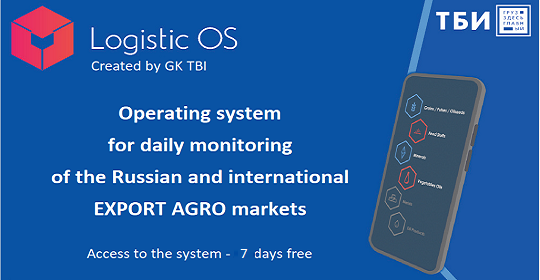Russia, like other BRICS states, plays a very important role in ensuring food security on the planet, it was noted at the panel session of SPIEF 2024.
Within the framework of the St. Petersburg International Economic Forum, a discussion took place on the role of BRICS in general and Russia in particular for the global food market.
In particular, it was emphasized that the problem is very urgent: according to the UN, in 2023, about 2 billion people on the planet suffered from malnutrition.
At the same time, the problem is very widespread in the countries of the global South, which are part of the BRICS, and in other countries.
Russia’s main goals in this area at the moment are, of course, providing the population with high-quality food products, as well as exporting products and technologies, thanks to which other states will be able to independently solve their food security problems.
This was stated by REC General Director Veronika Nikishina.
In her opinion, almost every segment of the Russian agro-industrial complex, as it grows and develops, at some point must enter export.
Currently, it is very important for ensuring global food security that the Russian Federation is actively exporting its fertilizers. Thanks to the intensive production of fertilizers, it has been possible to ensure that Russia itself has consistently shown high yields in recent years, noted Vasily Osmakov, First Deputy Minister of Industry and Trade of the Russian Federation.
However, 70% of fertilizers produced in Russia are already exported, which helps provide food for a large percentage of the world’s population.
At last count, up to 1.2 billion people consume products that were produced using Russian fertilizers.
Joint measures are now being taken to ensure the production of agricultural products at a high level.
In particular, the efforts of all countries belonging to the BRICS association are coordinated.
“Brazil, Russia, India are the largest agricultural producers, which have significant resources, diverse soil types and climates.
Our countries have the ability to produce large volumes of products and have a large consumer market. Technological innovation is also important, in which the BRICS countries are investing heavily.
Continued investment in agriculture and research is needed. And, of course, in the development of infrastructure, warehouses and transport systems, in irrigation,” says Egyptian Minister of Planning and Economic Development Hala Helmy El-Said.
The development of selection and genetics also plays an important role.
All this together could help all BRICS countries not only achieve self-sufficiency in food products in the future, but also begin to export them.

